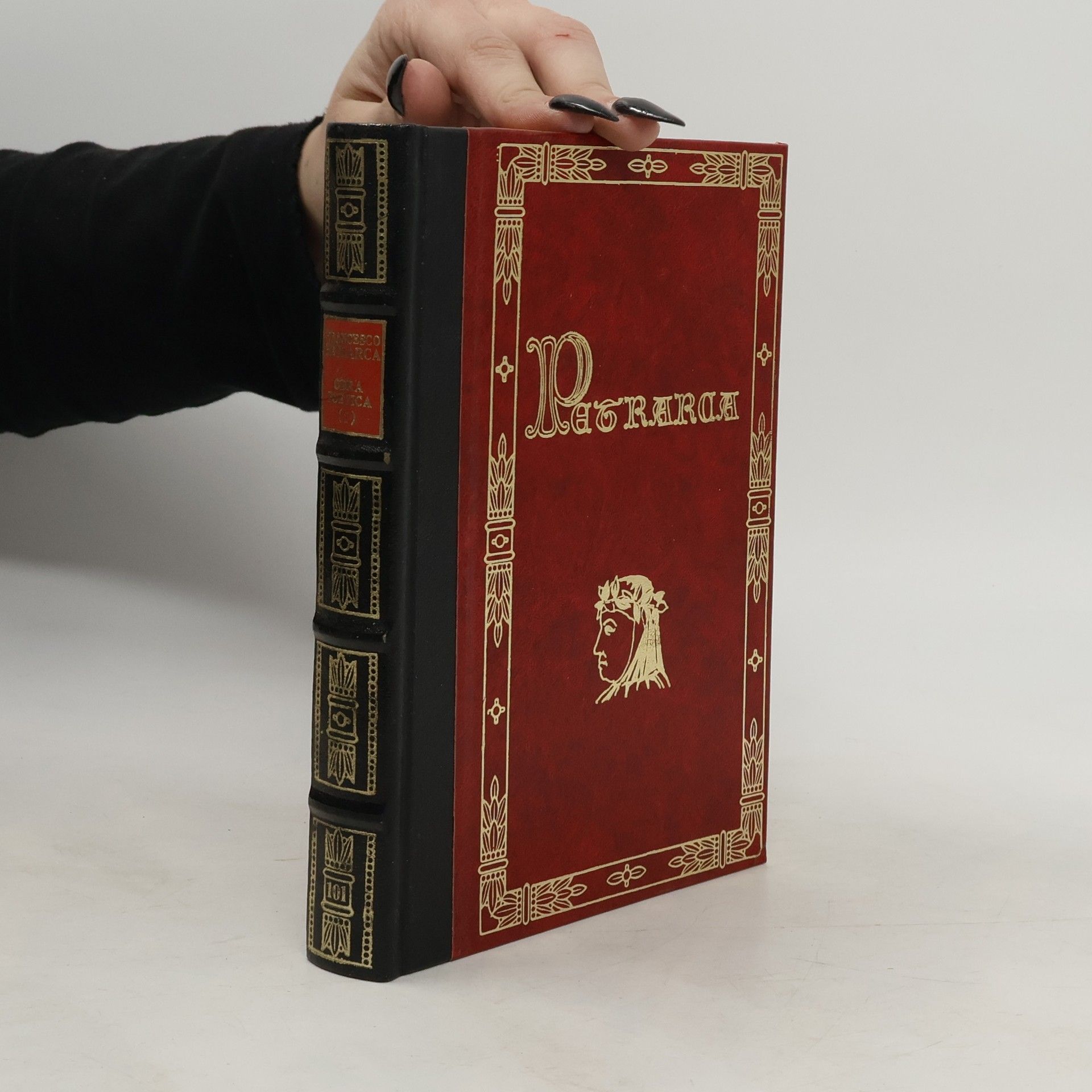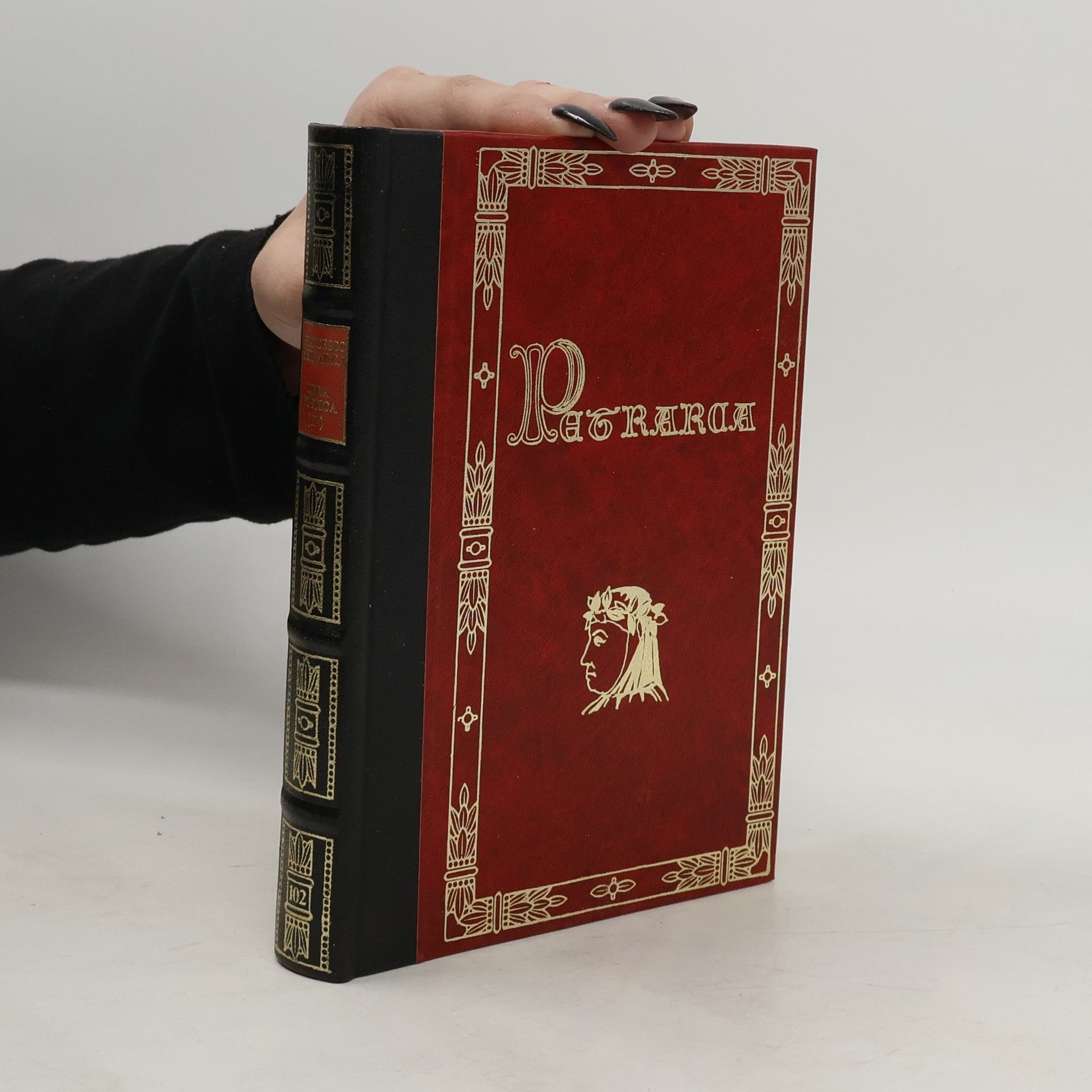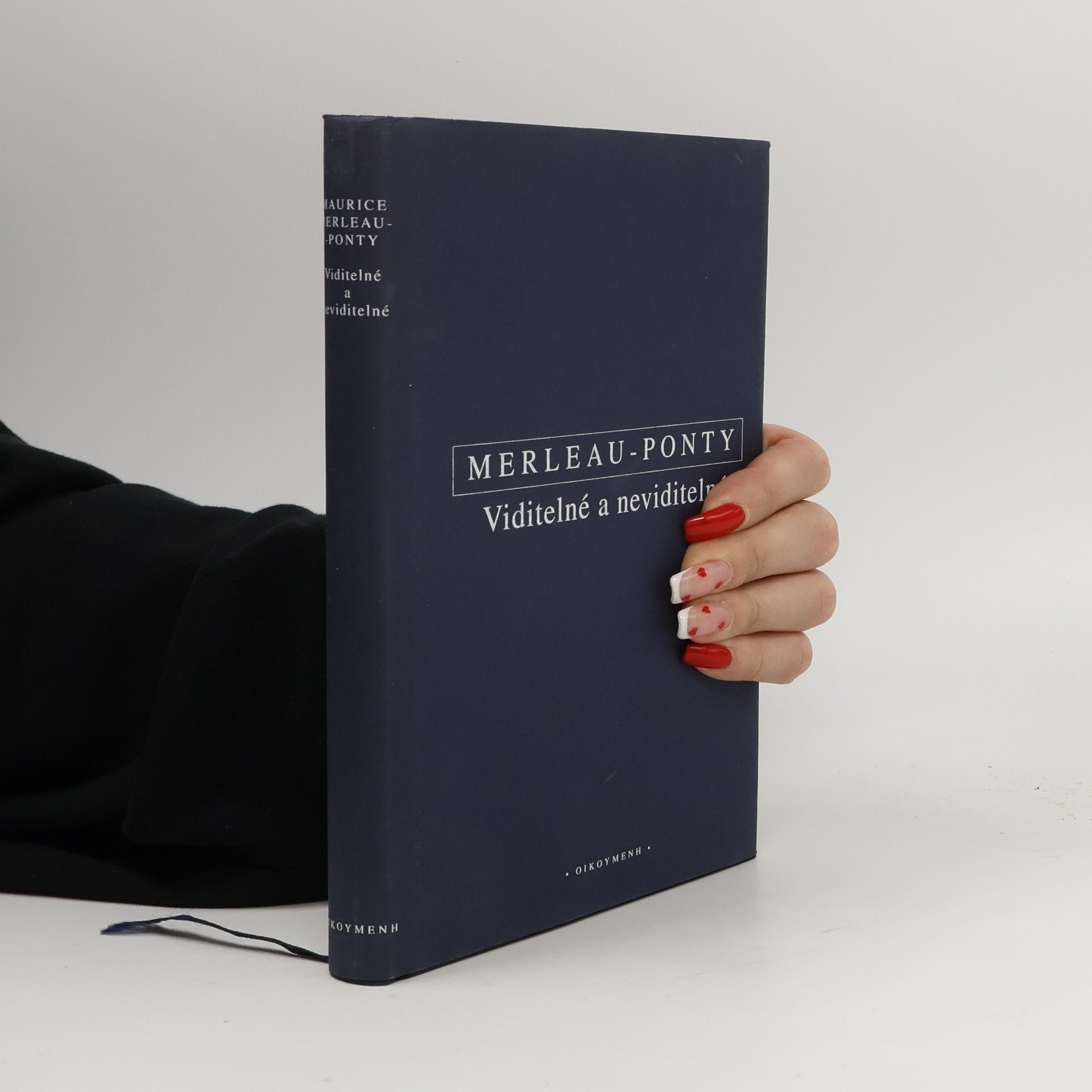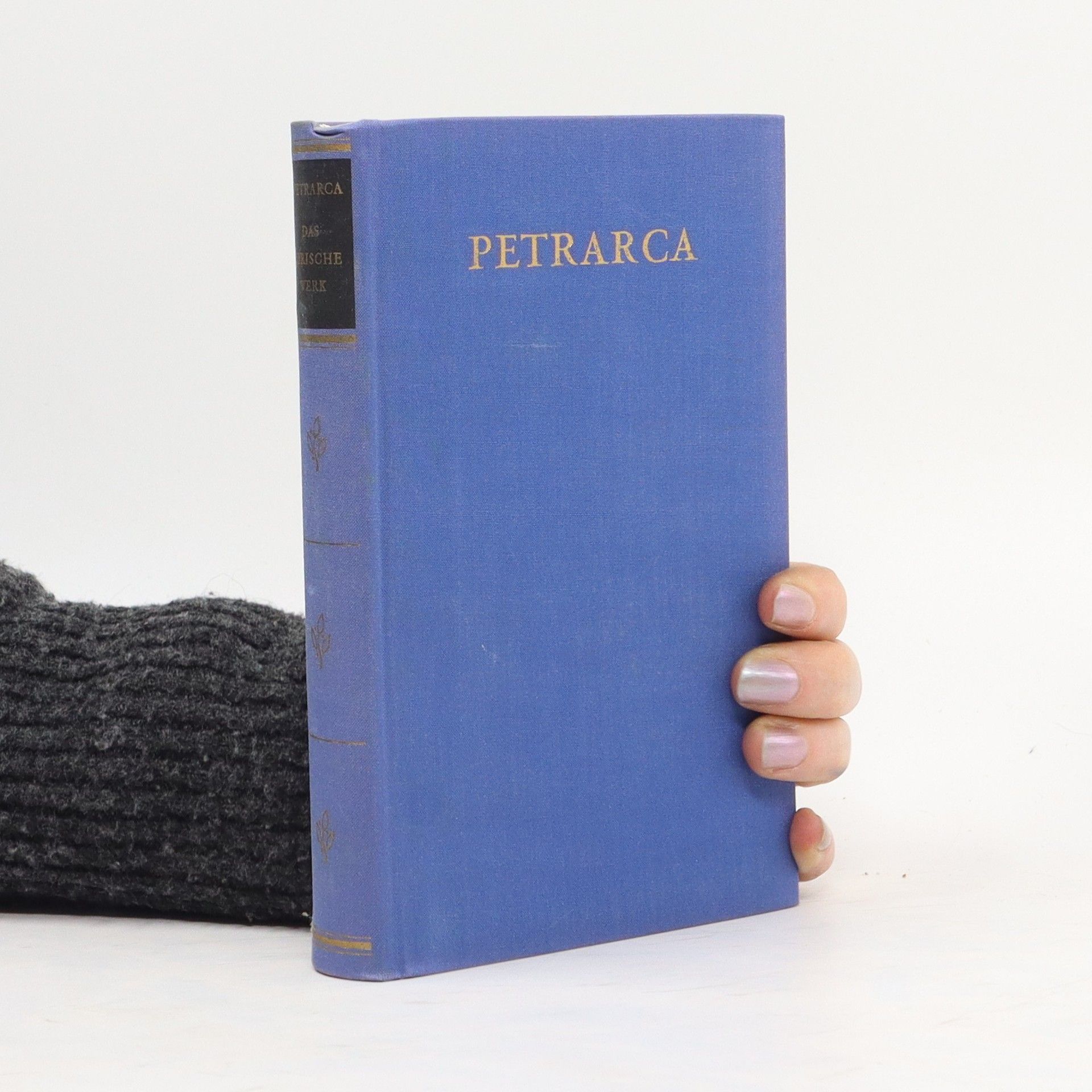Cancionero
- 672 páginas
- 24 horas de lectura
Sin duda, una de las obras que más influjo han ejercido en la literatura europea es la de FRANCESCO PETRARCA (1304-1374), destacado representante de la corriente renovadora del saber que se halla en el origen del Renacimiento. Filólogo iniciador de la historia de las letras y de la ciencia de la historia, filósofo y latinista, Petrarca -posterior en sólo una generación al autor de la "Divina Comedia" (L 5569) y contemporáneo de Boccaccio, cuya amistad cultivó- es más conocido en la actualidad por la recopilación de sus composiciones en lengua vulgar, conocida generalmente con el nombre de CANCIONERO, en las cuales volcó la expresión de un amor ya de nuevo signo, puramente humano. Reflejo de la experiencia de toda una vida -no cesó de reordenar y corregir sus poemas a lo largo de su existencia-, biografía espiritual, más que sentimental, los 317 sonetos, 29 canciones, 9 extintas, 7 baladas y 4 madrigales que lo componen son, como apunta en su iluminadora introducción Ángel Crespo -autor también de la traducción-, el "producto orgánico de una experiencia largamente meditada", pero asimismo, en no menor medida, hijos legítimos "no sólo de su amor por Laura, sino también de su sabiduría y erudición".






![Selected poems [of] Petrarch](https://rezised-images.knhbt.cz/1920x1920/71666191.jpg)

